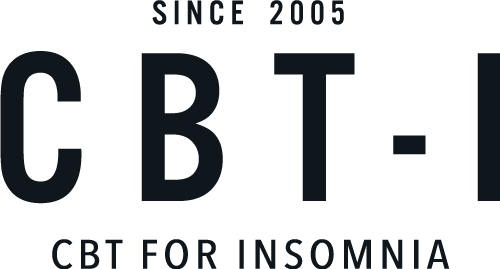Although disturbed sleep has been proposed as a possible risk factor for dementia, disturbed sleep is not included in the 12 health- and lifestyle-related risk factors for dementia since disturbed sleep might a consequence of dementia. While numerous studies have reported a positive association between dementia and insomnia, other studies have found no association and one study even found an inverse association between the risk of dementia and insomnia. Because studies with long follow-up are required to avoid reverse causality (i.e., dementia is the cause of insomnia, not the result), researchers conducted a new 11-year follow-up study assessing whether insomnia disorder, based on diagnostic criteria, and insomnia symptoms were associated with risk of all-cause dementia and Alzheimer’s disease. The study analyzed data from 7492 participants in the Norwegian Trøndelag Health Study. The results indicated that neither difficulty initiating sleep or early morning awakenings were associated with all-cause dementia or Alzheimer’s disease. In fact, difficulty maintaining sleep was associated with a lower risk of all-cause dementia and Alzheimer’s disease.
